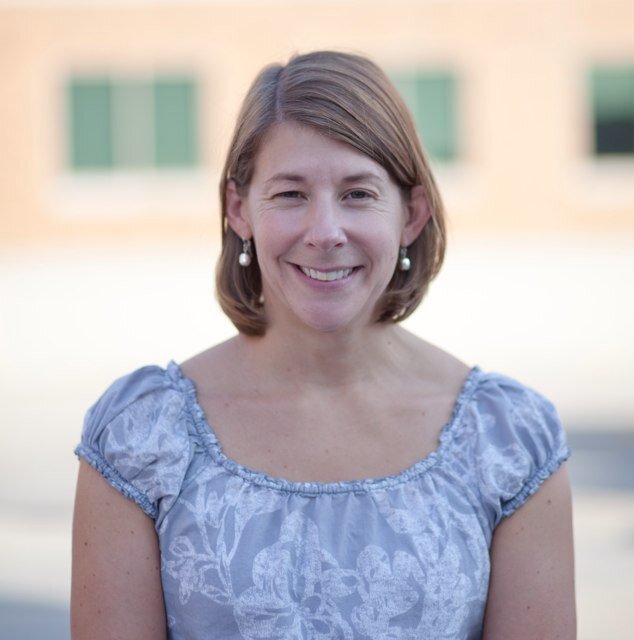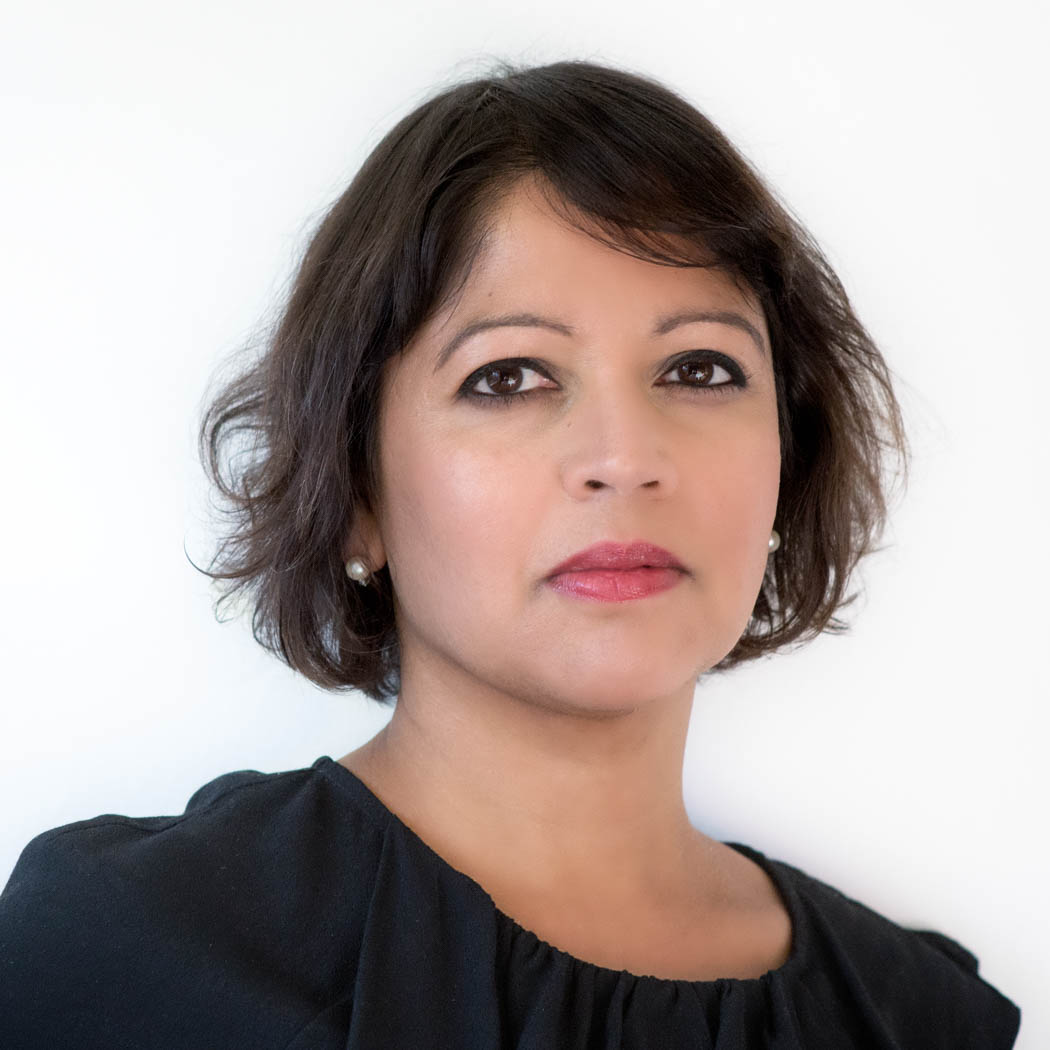Businesses merge all the time. Nonprofit mergers rarely occur, but experts have long pointed to the potential advantages of joining forces. Because both parties are driven by passion, not profit, these arrangements can be less like business agreements and more like marriages.

The merger of Start Early and the Early Learning Lab is, to quote Shakespeare, a marriage of true minds. They come from different parts of the country, and there’s a significant age difference, but they have real chemistry together, and as of April 13 they made their commitment official. Start Early’s chief learning officer Rebecca Berlin compares it to fitting puzzle pieces together. “We’re better together than apart.”
Start Early’s Thriving Continuum
For nearly 40 years, Chicago-based Start Early (formerly known as the Ounce of Prevention) has offered doula, home visiting, and Early Head Start and Head Start programs—the total early-childhood continuum. “One type of support leads into the next,” says Berlin.
Over the years, Start Early has added research, policy and advocacy to its repertoire, enriching the support it provides to professionals, families and communities. Its online network Early Childhood Connector fosters new ways of working collaboratively, advances knowledge sharing and builds aggregate evidence to tell a powerful story of progress and impact. (Read more about the Early Childhood Connector—and sign up.)
Start Early is also the “backbone” of the national Educare Learning Network that comprises 25 birth-through-age-5 schools that help vulnerable children enter kindergarten ready to learn. (Read about Tomorrow’s Hope, the recent Educare documentary.)
Last year, Start Early applied to administer one of four national centers of the Office of Head Start. The application included a sophisticated new way of heeding family and community voices, and Berlin and her colleagues sought out the expertise of a West Coast startup that had been breaking new ground in this approach.
The Early Learning Lab: Building Together
When the David and Lucile Packard Foundation launched the Early Learning Lab in 2015, the goal was to apply human-centered design principles to the urgent mission of building young brains. Founding executive director Catherine Atkin recruited Sheetal Singh, a veteran of several technology startups, to lead the Lab’s technology- and innovation-focused work. In 2018, Singh became the Lab’s executive director, while Catherine remained on as a senior advisor.

Singh had experience with Great Schools, a service known for its ratings, which also offers content for families, but she came to the job without definite opinions on early childhood education. A 12-month listening tour exposed her to the challenges and complexities of the field, but also to the wealth of talent. “The early childhood sector floors me,” she says. “There are so many smart, dedicated people, but there is also dissatisfaction with the way things are.”
One of the most crucial insights of the Early Learning Lab has been the importance of including parents in program design. Singh explains, “It goes beyond hosting a focus group and writing down the answers to your questions. You’re actually building programs and services together.” This shift in orientation gave rise to:
- The Reflectable tool, which allows teachers, caregivers and families to record what is working well, areas for improvement and what to try next. Formerly known as QuickCheck, it was co-designed with San Jose, Cal. teachers.
- The Parent Innovation Institute, which set out to build human-centered design capacity in early childhood organizations in Oakland, Cal. (read the case study). According to Singh, the Parent Innovation Institute improves programs and services to better meet parents’ and families’ needs, develops parent and staff leadership and innovation capacity and strengthens connections between parent-serving organizations. A video about the process demonstrates the importance of uplifting parent and caregiver voice to truly meet the needs of families in the community.
The Next Steps
Berlin and Singh say the potential for the merger is still coming into focus. “Where do you start?” Berlin asks. “You can’t do everything immediately.” Initially, joint projects will include ensuring products and content developed within the National Center on Parent, Family and Community Engagement meet the needs of parents and educators within the Head Start system. It will also merge Early Learning Lab’s human-centered design approach with Start Early’s consulting work to strengthen the human capacity and infrastructure that states and communities need to build strong and equitable systems.
For Berlin, the answer for what comes next lies in finding out the answers to the question, “What do our end users want?” Singh adds, “Covid has shown us how adaptable and resilient our communities are. The world is not static.”
Start Early and the Early Learning Lab—their differences complement each other, resulting in a marriage that’s stronger than the sum of its parts.

Mark Swartz
Mark Swartz writes about efforts to improve early care and education as well as developments in the U.S. care economy. He lives in Maryland.



